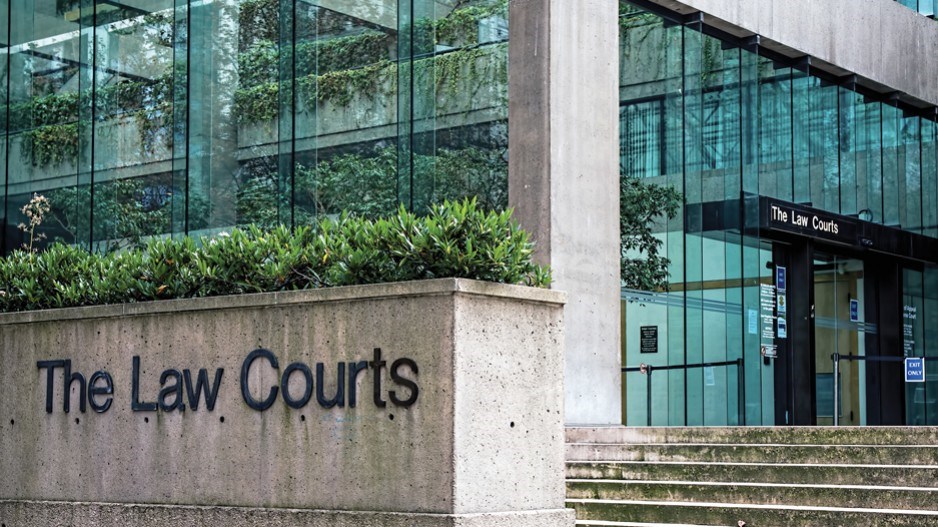Nearly seven months after making its opening statement, the Crown closed its case Friday against accused murderer Ibrahim Ali.
Ali is on trial for first degree murder in the death of a 13-year-old girl found dead in Burnaby's Central Park shortly after 1 a.m. on July 19, 2017, less than two hours after her family reported her missing.
Ali has pleaded not guilty.
The girl cannot be named because of a publication ban.
In her opening statement on April 28, Crown prosecutor Isobel Keeley outlined the Crown's theory of what had happened to the young teen.
She said the Crown expected the evidence to prove the girl and Ali were strangers to each other and that Ali had attacked her in Central Park, dragged her into the forest and strangled her in the course of sexually assaulting her.
Since its opening, the Crown has called 42 witnesses and entered more than 50 exhibits, including crime scene and autopsy photos, videos, lab records and the T-shirt the girl was wearing the night she was found in the park.
One witness, Dr. Tracy Pickett, died before concluding her testimony, and Justice Lance Bernard has instructed the jury to "completely disregard" her evidence "in its entirety" because defence lawyers were unable to finish their cross-examination.
The Crown's final witness was forensic toxicologist Micheal Rosland, who testified no drugs or alcohol were detected in the girl's blood and vitreous (eye) fluid.
He noted the RCMP lab, which analyzed the samples, tests only for "forensically relevant" substances, meaning those that affect behaviour and motor function.
Earlier in the trial, both the young teen's mother and one of the teen's friends testified they had never seen her consume alcohol or drugs.
But under cross-examination, Rosland said the lab results indicate only that no drugs or alcohol were detected in her system at the time of her death.
"If any medications or drugs were consumed, they could have been eliminated by the time the samples were then collected," Rosland said.
He had also testified earlier that the RCMP lab tests samples against drug "encyclopedias" the lab has access to.
Defence lawyer Ben Lynskey questioned Rosland about that.
"There are some drugs that just weren't looked for because they're not in those encylopedias that you're running these tests against, right?" Lynskey asked.
"To some extent that's correct, yes," Rosland said.
Rosland had also testified earlier that there are some drugs the lab can't detect.
Now that the Crown has concluded its case, the defence may call witnesses and present evidence, but it doesn’t have to.
Ali's defence team has not yet disclosed its plan.
More information is expected next week.
Follow Cornelia Naylor on Twitter @CorNaylor
Email [email protected]



